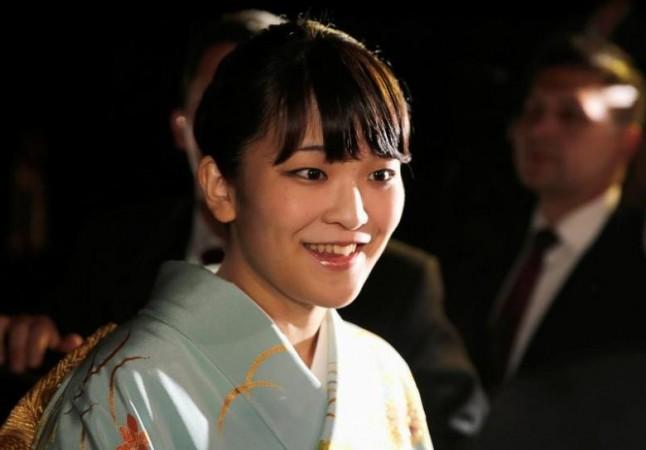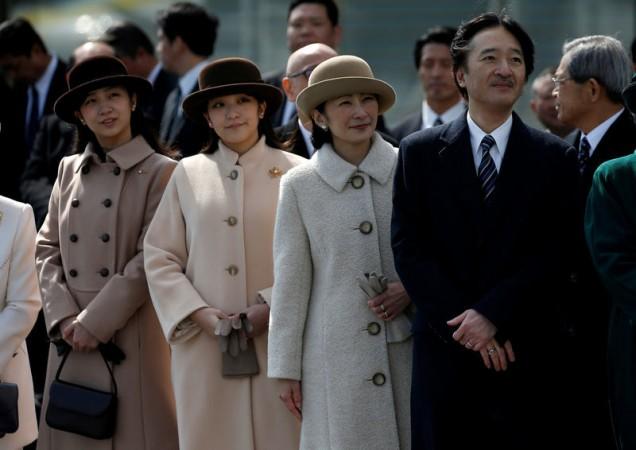
A princess marrying a commoner and still maintaining a royal status is the stuff fairytales are made of. Reality, however, is much different. Japanese Princess Mako, the eldest granddaughter of Emperor Akihito, will give up her royal status to marry her former classmate who once worked as a beach tourism promoter.
In Japan, if a princess marries a commoner, she has to renounce her royal status and become a commoner herself. The news has taken the Japanese media by storm, sparking a debate over the country's ever-shrinking royal family.
The country's cabinet is expected to approve a bill on Friday to allow Akihito, aged 83, to step down, marking the first abdication by a Japanese emperor in almost two centuries. Last year, Akihito had said that he feared his age would make it difficult to fulfil his duties as an emperor.
However, the nation's legislation makes no reference to the controversial topics of revising a males-only succession law or to allow women to continue to stay in the imperial family after marriage. Conservatives fear that if women in royal families are allowed to retain their royal status, then it may lead to letting women eventually inherit the throne.

"There is no change in our view to proceed with consideration of steps to ensure stable imperial succession," Chief Cabinet Secretary Yoshihide Suga said in a news conference on Wednesday.
A day after the news of their engagement broke, Princess Mako's fiancé, Kei Komuro, appeared before the media on Wednesday outside the Tokyo law office where he works.
Komuro, however, declined to comment on their engagement. "Now is not the time for me to comment, but I want to speak at the right time," he said adding that he did have a brief phone call with Princess Mako on Tuesday.
Komuro used to work as a "Prince of the Sea" to promote tourism on a beach near Tokyo.
Mako, like Komoro, has a master's degree from University of Leicester and has been working as a researcher at a museum.

















